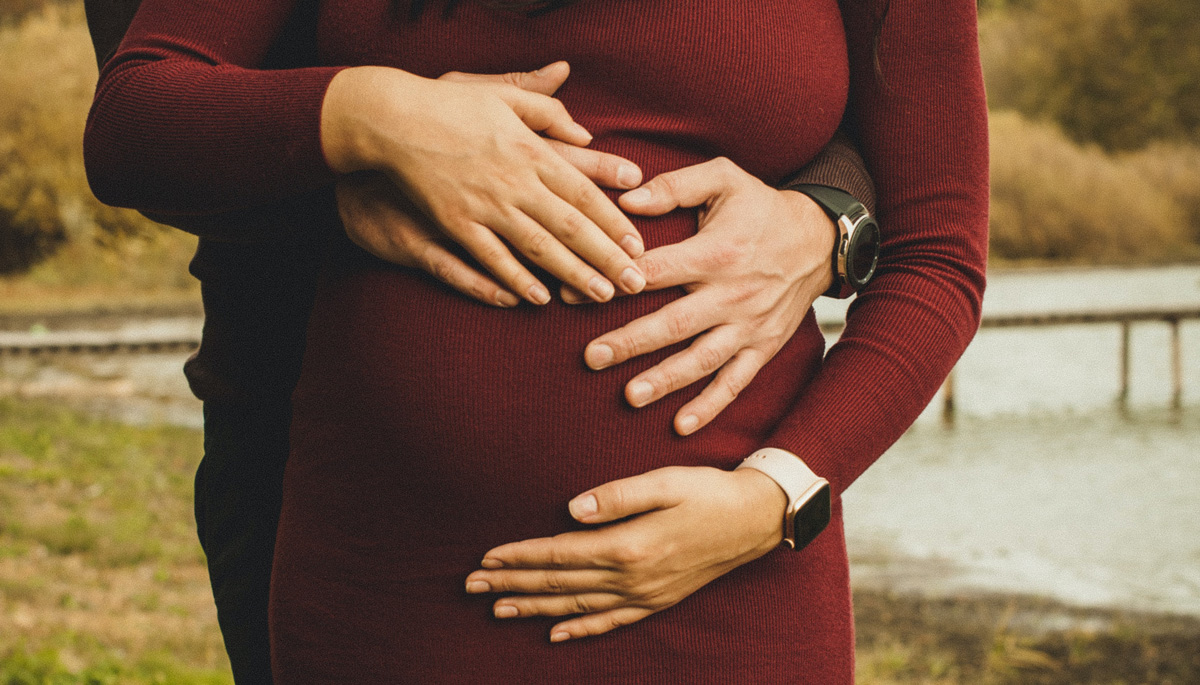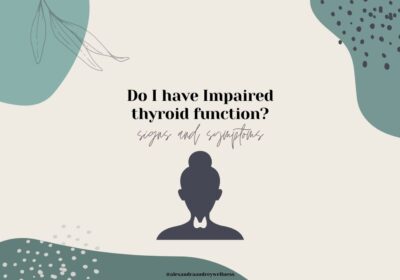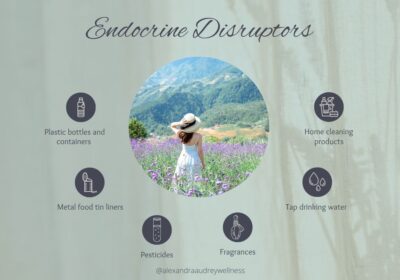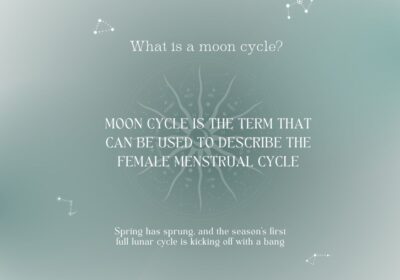Essential nutrients for fertility

Arginine (3 g – 16 g per day) Enhances male and female fertility. improves various hormonal secretions. Increases the quantity of oocyte collection in females undergoing ovarian stimulation. Found in Egg whites, sesame seeds and spirulina.
Carnitine (1 g – 3 g per day) Fatty acid metabolism for increased energy and sperm motility. Synergistic action with Co Q10. Found in seminal fluid in high amounts. protective to sperm and oocyte due to antioxidant actions. Found in; Beef, cod, chicken and asparagus.
α–lipoic acid (300 – 1,000 mg per day) Antioxidant actions, helpful in times of high oxidative stress (which can cause infertility). Promotes detoxification through reducing heavy metals. Improves sperm DNA and overall sperm health. Improves blood sugar levels and can protect against gestational diabetes. Found in; Beef, milk, cod and avocado.
Coenzyme Q10 (200 mg – 400 mg per day) Acts as a fat-soluble antioxidant, assists with supporting and enhancing mitochondria function. Improves sperm motility and production. protects oocytes of oxidative damage. Strongly suggested for use in patients undergoing ART/IVF therapy. Found in; Beef, herring, trout, chicken, pistachio nuts and sesame seeds.
Vitamin A (10,000 IU – 20,000 IU per day) Used in cell differentiation as a antioxidant. Assists embryo development and specifically associated with miscarriages, infertility and the presence of cleft palates in children. Supports healthy semen and cilia in testes and fallopian tubes on women. Low levels of vitamin A have been associated with reduced oestrogen (and ovulation) reduces spermatogenesis. Found in; Eggs, butter, sweet potato, carrot and pumpkin.
Vitamin C (1,000 mg – 5,000 mg per day) acts as an antioxidant to assist with infertility due to oxidative stress in the body. Helps increase sperm and semen health by mitigating sperm oxidative damage and agglutination. Improves corpus luteum development. Can help protect against pre- eclampsia and miscarriage. Found in; Citrus, strawberries, kiwi fruit, capsicum, tomato.
Vitamin D (1,000 – 5,000 IU per day)
Vitamin D is important for the absorption of calcium in the body. A receptor for vitamin D has been identified on the sperm head and mid-section, indicating it is important for sperm. Deficiency of vitamin D has been shown to be a risk factor of pre-eclampsia. Found in Egg yolk, salmon, mackerel and from sunshine on the skin.
Vitamin E (500 – 1,000 IU per day)
Has been touted as the fat-soluble vitamin that is ESSENTIAL for reproduction and fertility. Enhances all areas of sperm health and improves sperm function in IVF pregnancies. Low levels of vitamin E have been associated with infertility in women. Found in olive oil, almonds, sunflower seeds, avocado, hazelnuts, carrots.

Calcium (1,000 – 2,000 mg per day)
Enhances sperm health, especially sperm function and motility. Essential for the successful fertilisation and maturation of the oocyte. Helps to prevent pre-eclampsia. Found in; Animal dairy products, calcium enriched products (nut milks, beans, legumes etc.), dark leafy greens.
Iodine (250 – 400 mcg per day)
Iodine deficiency in women affects thyroid function and the woman’s fertility. Lack of iodine has been linked with still birth. Found in; Iodised salt, sea vegetables, seafood, turkey, eggs.
Iron (10 – 100 mg per day)
Encourages healthy blood cell formation, builds blood and reduces chances of miscarriage.
Important for energy production, cell differentiation and oxygenation. It is best to increase stores during preconception phase prior to pregnancy. Found in; Red meat, lentils, oysters, potato with skin on.
NOTE – excessive amounts of iron negatively affects fertility
Selenium (100 – 300 mcg per day)
Used with iodine for proper thyroid function, and helps lower the risk of miscarriage in women with thyroid problems. Improves sperm health especially sperm synthesis, motility and structure. A link has been seen between selenium deficiency and female infertility, but the exact details are not yet known. Found in; Salmon, brazil nuts, crab. Prawns, brown rice.
Zinc (15 – 100 mg per day)
Important for male reproductive health, particularly used as an antioxidant for sperm and used in the prostate and testes. Each ejaculation uses up 2.5mg of zinc, so there is a higher risk of deficiency Zinc deficiency is linked with male impotence and infertility. In women, zinc deficiency is linked with miscarriage, ovarian abnormalities and imbalanced levels of LH and FSH. Found in; Beef, oysters, pepitas, almonds, turkey.
Essential Fatty acids (EFA’S) (1,000 – 5,000mg/ day)
EFA’s act as antioxidants and anti-inflammatory agents, assisting with cell structure, cell membranes and cell lipid bilayers. DHA has been shown to be more essential for fertility than EPA, but it is recommended to include both. Omega 3 fatty acids have been shown to be essential for sperm health especially motility, concentration and motility. Maintaining optimal omega 3 levels has also been shown to be protective against miscarriage for women. Found in; Olive oil, flax/chia seeds, walnuts, brazil nuts, seafood and fish.
Male zinc status
Is essential for the reduction of oxidative stress, to encourage testosterone production and for proper sperm maturation.
Reduced zinc levels in males has been linked to reduced sperm quality and concentrations and sperm shape abnormalities.




